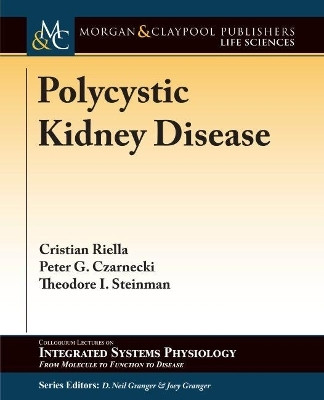Polycystic Kidney Disease(English, Paperback, Riella Christian)
Quick Overview
Product Price Comparison
This book reviews important aspects of polycystic kidney diseases, the latest scientific understanding of the diseases and syndromes, along with the therapies being developed. Cystic kidney diseases comprise a spectrum of genetic syndromes defined by renal cyst formation and expansion with variable extrarenal manifestations. The most prevalent disorder is the autosomal dominant polycystic kidney disease (ADPKD). It is the most common monogenetic disorder in humans and accounts for 4.4% of end-stage renal disease (ESRD) cases in the U.S. Patients inevitably progress to ESRD and require renal replacement therapy in the form of dialysis or transplantation. Through advancements in genomics and proteomics approaches, novel genes responsible for cystic diseases have been identified, further expanding our understanding of basic mechanisms of disease pathogenesis. The hallmark among all cystic genetic syndromes is the formation and growth of fluid-filled cysts, which originate from tubular epithelia of nephron segments. Cysts are the disease, and treatment strategies are being developed to target prevention or delay of cyst formation and expansion at an early stage, however no such therapy is currently approved.


